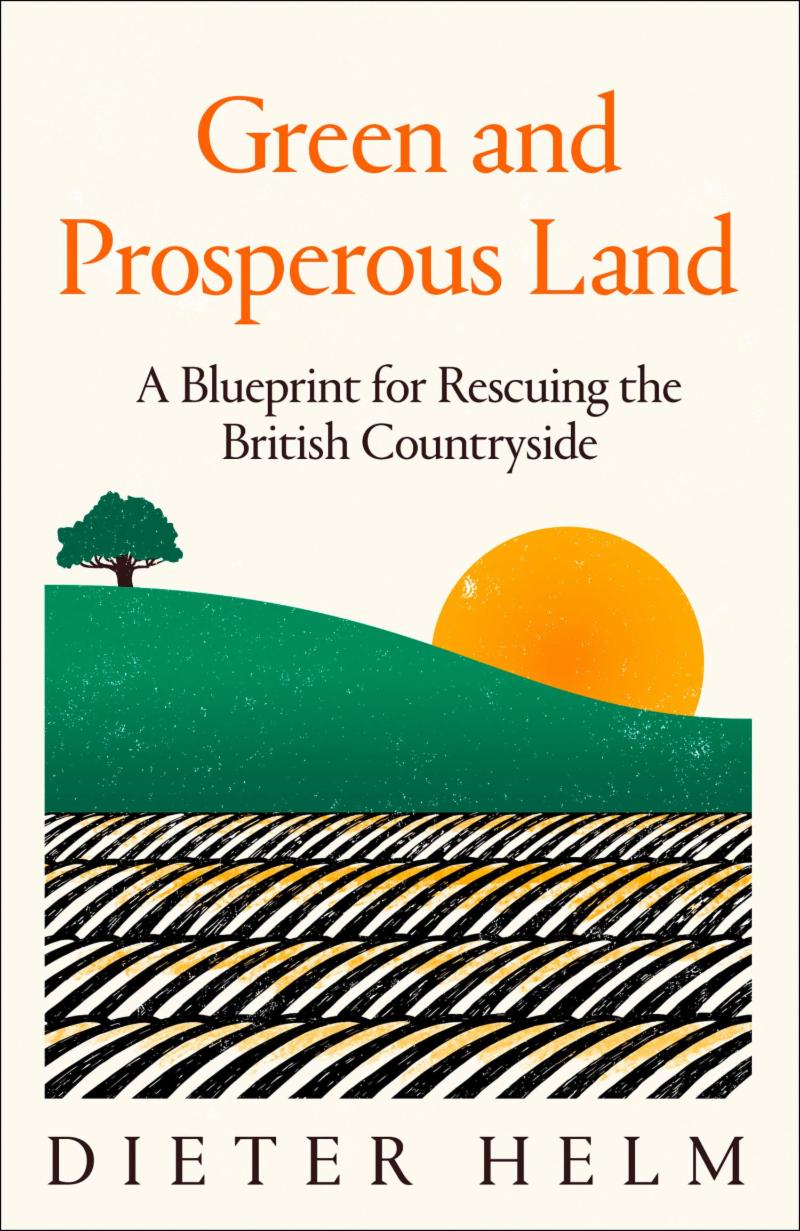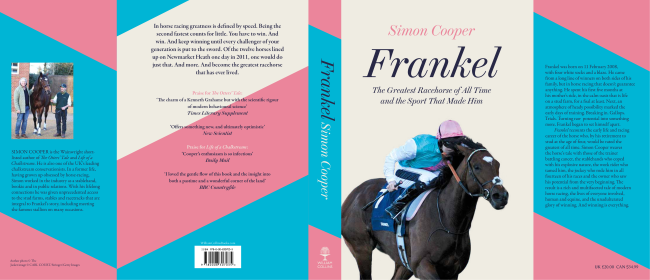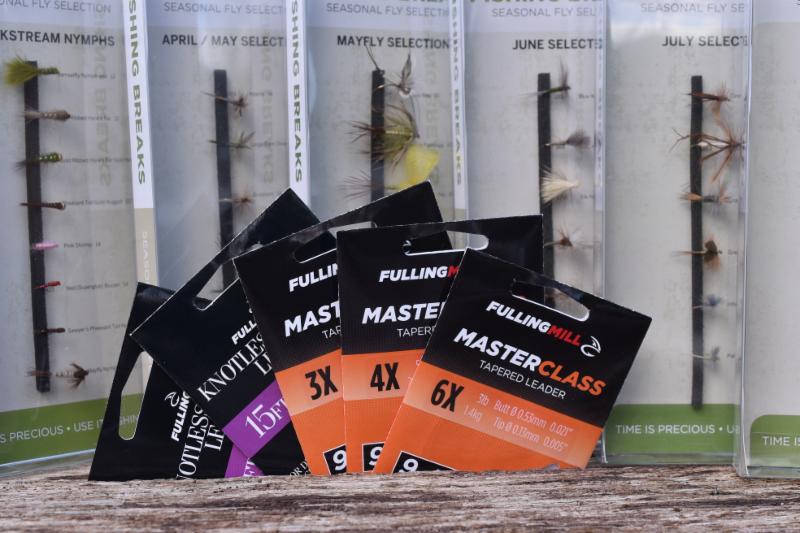My unlikely love affair
We are
first up for the new series of the BBC Countryfile Spring Diaries, the show
going out at 9.15am on Monday 29 April on BBC One. You know the story but
you might like the BBC's take on the show:
|
|
 |
|
|
|
"Paul
Martin (the presenter who interviews me) is discovering that our back gardens
can be a convenient snack stop for cheeky creatures who are always on the
lookout for a free meal. Otter numbers in particular are on the rise in
the UK, and Paul has been meeting a man whose battle to save his fish stocks
turned into an unlikely love affair."
The show
will be available shortly after broadcast on BBC
iPlayer.
A Twitch
Upon The Thread
Over my
fishing lifetime I have come across plenty of fishing anthologies but I can't
recall one that captured my imagination quite as much as Jon Day's
A Twitch
Upon The Thread.
The
difference with Day's book lies in his chosen subtitle - Writers on Fishing. He
has scoured the library of King's College London where he teaches English for
not just great fishing literature but that written by our greatest writers. Who
would have known George Orwell, who I always assumed to be a dour sort of
fellow, defined his childhood through fishing? That John Donne took against fly
fishers, for little good reason as far as I can tell, in his 1633 poem The
Bait calling us 'curious traitors'. That Charles Dickens wrote of sturgeon
in the River Thames.
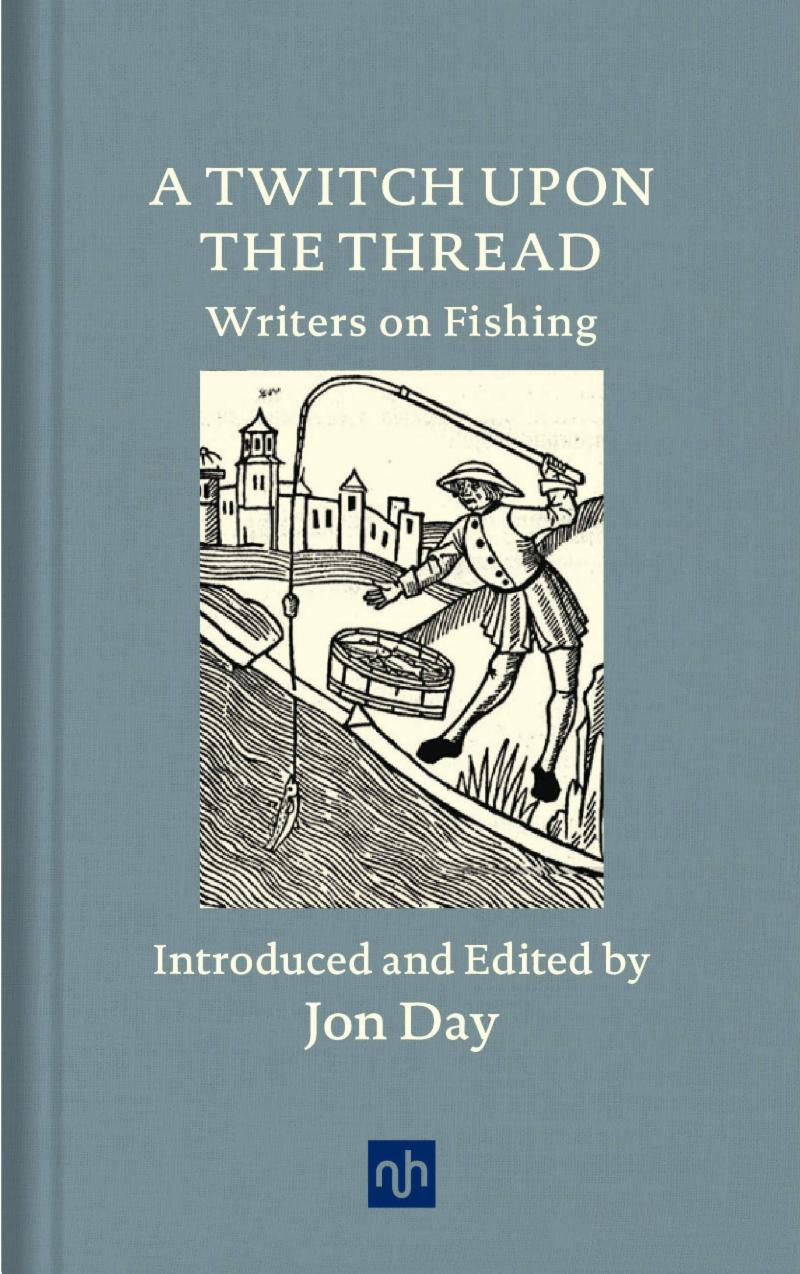 If you ever
sought a paragraph to define why we fish, then the words Izaak Walton quotes in
The Compleat Angler from his friend and fishing companion Sir Henry
Wotton still resonate four and a half centuries later,
If you ever
sought a paragraph to define why we fish, then the words Izaak Walton quotes in
The Compleat Angler from his friend and fishing companion Sir Henry
Wotton still resonate four and a half centuries later,
"An
imployment for his idle time, which was then not idly spent: for angling was
after tedious Study, a rest to his mind, a chearer of his spirits, a diverter
of sadness, a calmer of unquiet thoughts, a moderator of passions, a procurer
of contentedness: and that it begat habits of peace and patience in those that
profess'd and practis'd it. Indeed, my friend, you will find angling to be like
the vertue of Humility, which has a calmness of spirit, and a world of other
blessings attending upon it."
However,
before we all get carried away with a warm, fuzzy feeling inside Lord Byron was
less impressed by The Compleat Angler, railing against the cruelties of
angling saying of us all, "No angler can be a good man."
Ranging
across five centuries its hard not to be impressed by Jon Day's deft collection
which was published last week by Notting Hill Editions and is available through
Amazon at £14.99.
PS In case you think A Twitch Upon The Thread sounds familar it is indeed the name of Book II in Evelyn Waugh's Brideshead Revisited which in turn takes the quote from a G K Chesterton Father Brown story. It is a fair old bit of literary upcycling.
No more
trouble at t' mill
The River
Test at Whitchurch Fulling Mill is one of my longest standing beats; the
connection goes back nearly twenty years through three different owners, though
it is only the most recent who have any interest in fly fishing.
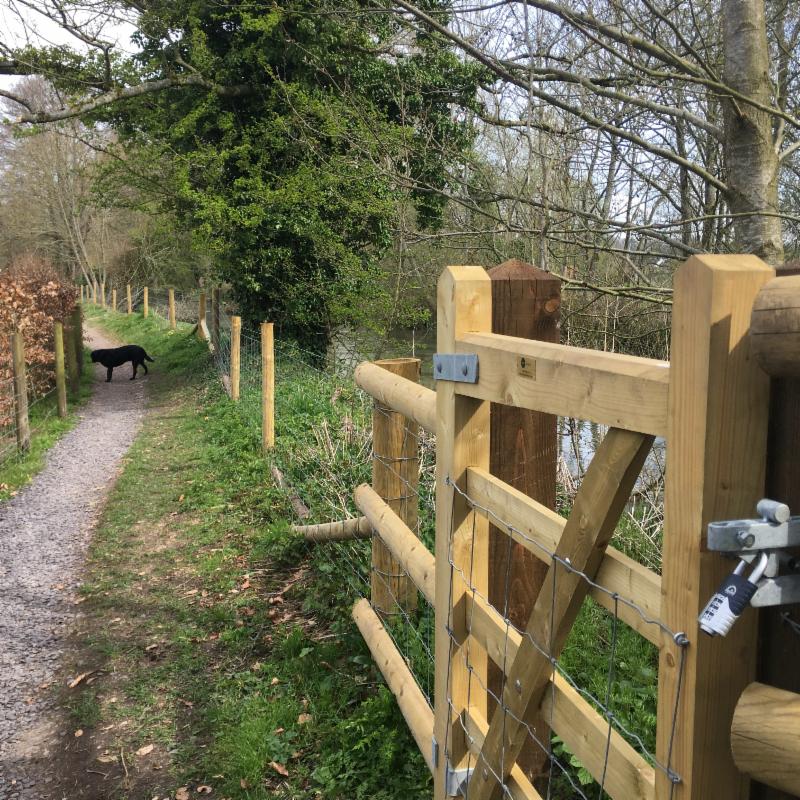 Richard and
Lucy are passionate about the river and it shows; all sorts of improvements are
completed, in progress or planned. Over the winter a combined team from the
Wild Trout Trust and fishery students from Sparsholt College did great work on
the wading section above the mill. The canopy was trimmed back, bank repaired
and the felled trees used to create deflectors. Since then Mark Burns the river
keeper has planted more than fifty heads of ranunculus
weed.
Richard and
Lucy are passionate about the river and it shows; all sorts of improvements are
completed, in progress or planned. Over the winter a combined team from the
Wild Trout Trust and fishery students from Sparsholt College did great work on
the wading section above the mill. The canopy was trimmed back, bank repaired
and the felled trees used to create deflectors. Since then Mark Burns the river
keeper has planted more than fifty heads of ranunculus
weed.
For those
of you who have fished Fulling Mill in the past you might recall the footpath
than ran along part of the beat. Most of the time the intrusion was limited to
walkers enquiring as to whether you had caught anything (I perfected about 20
various answers to alleviate the tedium) but on a sunny day dogs, children and
bread thrown to the ducks could be a nuisance. However, the new fencing and a
cunningly designed splash for dogs, duck feeding and even children (!) seems to
have done the trick for trouble free fishing in the future.
The season
opens at Whitchurch Fulling Mill on 1/May. More details here .....
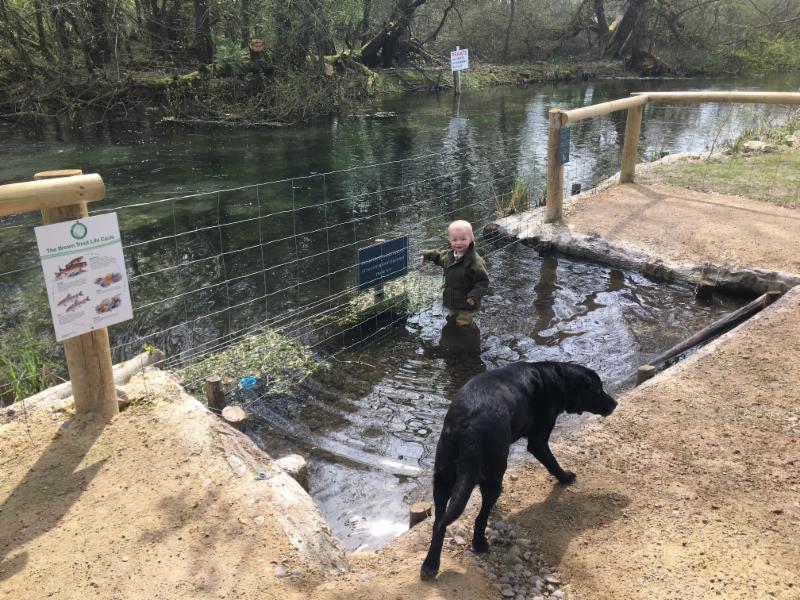
New places
for 2019
As you know
I always like to find something or somewhere new for each season and 2019 is no
exception. Here's a brief summary:
Ideal for
groups of 2-4 Rods on a combination of the Tanyard and House beats, the former
being great if you like to wade.
In addition
to the carrier ticket we are now offering the lake tickets online, which
includes the recently added Catch & Release lake. You can combine river and
lake tickets to switch at will during the day.
Located
downstream of Upavon Farm and upstream of Avon Springs this is right in the
heart on Frank Sawyer country.
The Quiz
|
|
 |
|
|
Castle Howard the
setting for Brideshead Revisited starring (l-r) Anthony Andrews, Diana Quick
and Jeremy Irons.
|
More
questions to hopefully entertain and enlighten. As ever it is just for fun with
the answers at the bottom of the Newsletter.
1) The Greek
messenger Philippides was running from Marathon to where, establishing the
legend responsible for the marathon road race?
2)
In
what year was the ITV series Brideshead Revisited first broadcast?
3)
What
does a podiatrist study?
Have a good
weekend.
Best
wishes,
Simon Cooper simon@fishingbreaks.co.uk
Founder & Managing Director
Answers:
1)
Athens
2)
1981
3)
Disorders
of the foot, ankle and lower extremity


